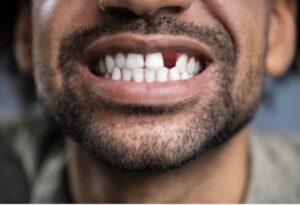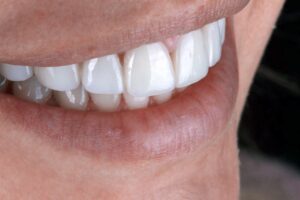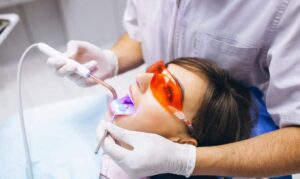
Taking care of your dental health is essential not just for maintaining a bright smile but also for your overall well-being. One crucial aspect of dental care is regular check-ups with a professional. You might wonder how often you should be visiting your Powell, TN dental office for check-ups.
In this blog post, we will explore why dental check-ups are necessary, the recommended frequency for various individuals, and tips for maintaining optimal dental health between visits.
Why are Dental Check-Ups Important?
Dental check-ups play a significant role in preventing dental issues before they become severe. During these appointments, your dentist can identify early signs of tooth decay, gum disease, and other oral health issues that you might not notice on your own.
Here are a few reasons why these check-ups are crucial:
- Early Detection of Problems: Catching issues like cavities or gum disease early can save you from more complex treatments down the line.
- Professional Cleaning: Even if you’re diligent about brushing and flossing, plaque and tartar can still build up in hard-to-reach areas. Professional cleaning during a check-up helps keep these in check.
- Advice and Education: Your dentist can give you personalized advice on how to improve your oral hygiene routine.
- Overall Health Connection: Oral health is closely linked to your overall health. In fact, conditions like diabetes and heart disease can sometimes be detected through signs in your mouth.
General Recommendations for Dental Check-Ups
Most dental professionals recommend that the average person should visit the dentist every six months. This biannual schedule allows your dentist to monitor your oral health closely and address any issues promptly. However, this isn’t a one-size-fits-all recommendation.
The frequency of dental check-ups can vary based on several factors:
1. Children and Adolescents
Children should have their first dental visit by the time they turn one year old or within six months of their first tooth coming in. After the initial visit, it’s generally recommended that kids see the dentist every six months. In fact, regular visits help in monitoring the development of their teeth and addressing any issues early.
2. Adults
For most adults, a check-up every six months is sufficient. However, your dentist may recommend more frequent visits if you have specific dental issues like:
- A history of gum disease
- Frequent cavities
- Orthodontic appliances, such as braces
- A family history of dental problems
3. Seniors
As you age, you become more susceptible to dental issues such as dry mouth, gum disease, and oral cancer. So, seniors may need to visit the dentist more frequently, perhaps every three to four months, to ensure their oral health remains in good condition.
4. Individuals with Medical Conditions
Certain medical conditions can affect your oral health, necessitating more frequent dental visits. If you have diabetes, are pregnant, or have a compromised immune system, your dentist might recommend more regular check-ups.
Tips for Maintaining Optimal Dental Health
Between your dental visits, it’s essential to maintain good oral hygiene habits.
Here are some tips to keep your teeth and gums healthy:
- Brush Twice Daily: Use fluoride toothpaste and brush for at least two minutes.
- Floss Daily: Flossing removes plaque and food particles from between your teeth that brushing can’t reach.
- Limit Sugary Foods and Drinks: Sugar can contribute to tooth decay, so try to limit your intake of sugary snacks and beverages.
- Stay Hydrated: Drinking water helps rinse away food particles and bacteria.
- Use Mouthwash: An antimicrobial mouthwash can help reduce plaque and keep your breath fresh.
- Quit Smoking: Smoking can lead to gum disease and oral cancer, so quitting is crucial for your dental and overall health.
Conclusion
Regular dental check-ups are an essential part of maintaining your oral health. Whether you’re a child, adult, senior, or someone with specific health conditions, visiting your dentist regularly ensures that any potential issues are caught and treated early. By following the general guidelines and maintaining good oral hygiene practices, you can keep your smile bright and healthy between visits.





